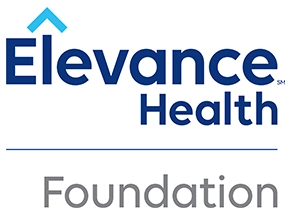Protecting Black Communities

Learn more about available COVID-19 vaccines by visiting Lung.org/vaccine-tracker.
Becoming a Vaccine Ambassador
Vaccine receptivity is influenced by many factors, but none stronger than the influence of your family, friends and neighbors. As a Vaccine Ambassador in your community, here are a few ways you can help.
- Share the reasons why you’re getting the COVID-19 vaccine in a short social media video or photo of you getting your shot. You can also download some social media images to use in your posts. Use the hashtag #PowerAndImmunity, and tag @BlackBodyHealth and @LungAssociation.
- Share your story on your own websites, and in your local newsletters, newspapers and more.
- Host a Zoom party! Invite friends and family to have the discussion about making informed decisions using the Better For It toolkit
Proudly Supported By
Updates to the toolkit and assets will continue to be added to this page, so check back to get the latest information and stay up to date.



